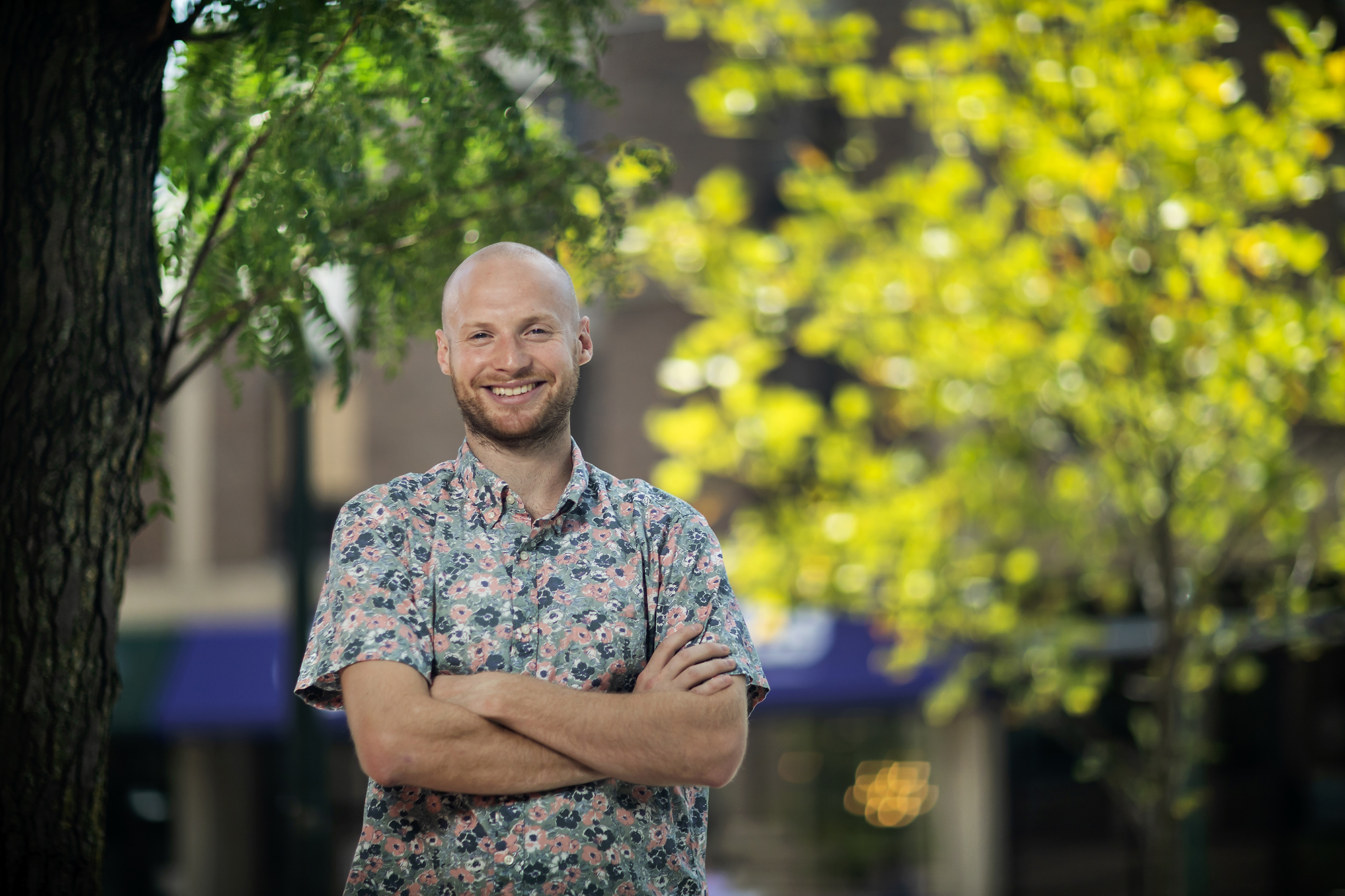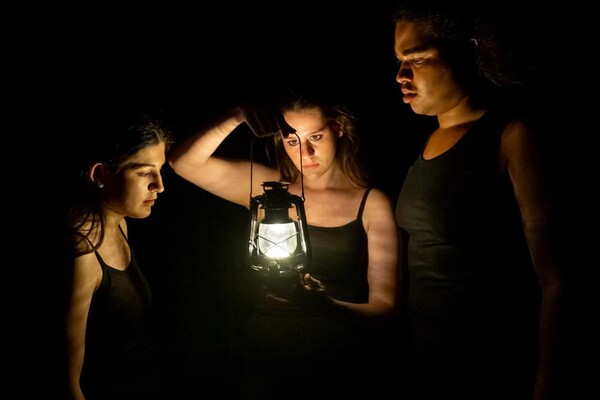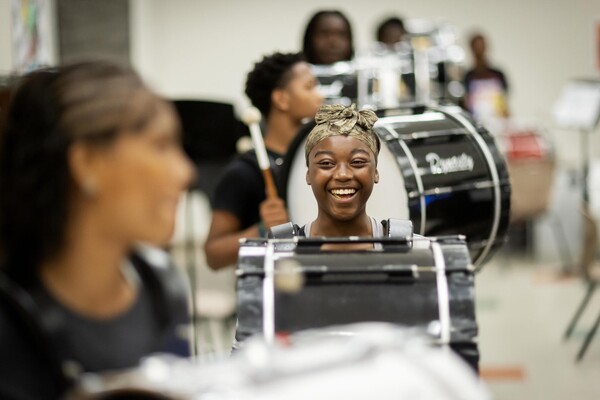
Image: Aditya Irawan/NurPhoto via AP Images

If Max Johnson Dugan gets the meat sweats, just know that it’s all in the name of research. Two years ago, Dugan, age 30, was minding doctor’s orders and watching his sky-high cholesterol, happily ingesting oatmeal, beans, and salmon. Now, the Ph.D. candidate in religious studies lives on a diet of chicken, beef, and lamb from Philadelphia’s grocery stores, food carts, and restaurants, all part of his dissertation on halal consumption. Here, Dugan finds Islamic staples like shish kabob and shawarma stuffed, juicy and dripping, into long rolls and served hoagie-style.
Halal means permissible, Dugan says. While this can describe anything from goods (like vaccines and nail polish) to actions (like business transactions and the treatment of animals), halal is most frequently used to describe food, where Dugan finds that Islamic traditions are being transmitted and shifted in interesting ways. “For most communities in Philadelphia, a lot of times the cultural heritage that’s being handed off is a quotidian consumer good,” he says. Unlike a rug or prayer beads, these items are ephemeral, vanishing down the esophagus of each satisfied customer. “I’m arguing that if you go get a chicken maroosh at Saad’s, that’s a heritage good,” Dugan says, referring to the West Philadelphia restaurant’s signature grilled chicken-and-veg hoagie.
“What makes something feel authentically halal?” Dugan asks. For this Muslim convert from West Philadelphia, the answer lies in the everyday. “I think about Islamic tradition by foregrounding materials, embodied things, and emotions,” he says. “What we make, what we wear, what sort of things that we eat, what we do with our bodies.”
Religion isn’t “just a thing that happens in cities,” Dugan says. The city itself shapes the culture.
Historically, the Philadelphia Muslim community “has been predominately Black and African American,” Dugan says, yet the halal food available for purchase is largely associated with Arab and South Asian communities. When people in Philadelphia think and talk about halal food, those are the genres they’re often referring to, he says.
“Food and consumer goods are a place where people are negotiating Islamic tradition,” Dugan says. “If Black Muslims are being pushed out of that negotiation, I think people should pay attention. We need to work toward counteracting that displacement.”
Saad’s Halal Restaurant
4500 Walnut St.
“In a deep way, that was the first spot I fell in love with. The warmth of other people, the quality of the food, the decor of the space—it all just imparted comfort.”
Sister Muhammad’s Kitchen
4441 Germantown Ave.
“Their Muslim Fish Hoagie is truly extraordinary. It’s this perfect, delicious blend of Philly and the Nation of Islam.”
Cousin’s Supermarket
4037 N. 5th St.
“They have amazing products for Arab and Black consumers, but the majority of people they serve are Latino or Hispanic. They have a literal Goya aisle. I could spend hours in that place looking around.”
Kristina García

Image: Aditya Irawan/NurPhoto via AP Images

nocred

Image: Michael Levine

A West Philadelphia High School student practices the drum as part of a July summer program in partnership with the Netter Center for Community Partnerships and nonprofit Musicopia.
nocred